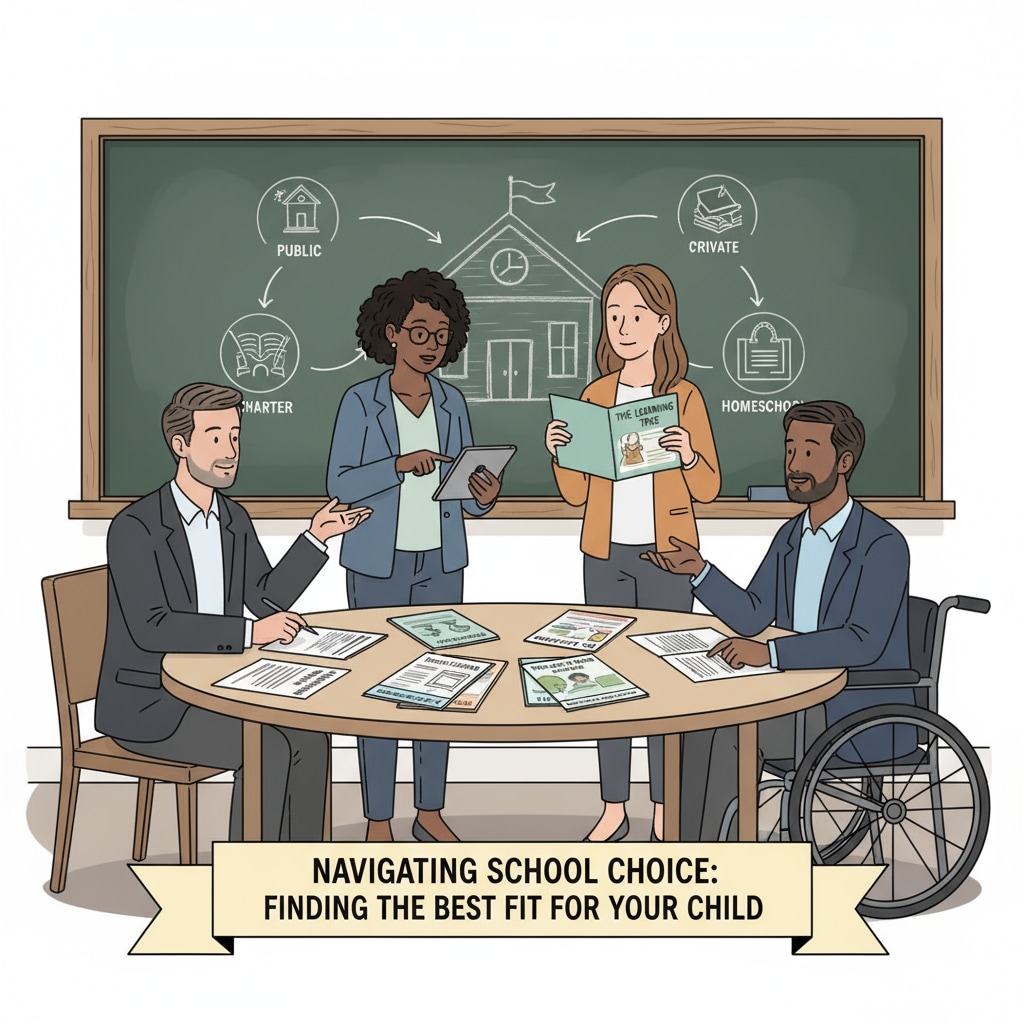School choice, political controversy, and education policy are intertwined aspects in the modern educational landscape. The school choice system, a policy that empowers parents with more educational decision-making authority, has emerged as one of the most politically contentious topics in contemporary education. This system allows parents to select the schools they believe are most suitable for their children, rather than being restricted to the local neighborhood school.

The Core Concept of School Choice
At its essence, school choice is about expanding educational opportunities. It provides families with alternatives beyond the traditional assignment to a particular school based on geographical location. For example, parents may choose a charter school, a magnet school, or a private school if they feel these institutions can better meet their child’s educational needs. Charter schools, which are publicly funded but operate with more autonomy, often offer unique educational programs. Magnet schools, on the other hand, attract students by specializing in areas such as science, technology, engineering, and mathematics (STEM) or the arts. School choice on Wikipedia

The Root Causes of Political Controversy
One of the main reasons for the political controversy surrounding school choice is the concern about equity. Critics argue that school choice can exacerbate educational inequality. Wealthier families may have more resources to access high-quality schools, leaving disadvantaged students in underperforming neighborhood schools. Additionally, the competition for students among schools can lead to a “cream-skimming” effect, where schools select the most academically promising students, further marginalizing those with special needs or lower academic achievements. Another point of contention is the funding aspect. When students move from traditional public schools to other options, the funding follows them. This can potentially lead to financial strain on neighborhood schools, affecting the quality of education they can provide. Education policy on Britannica
On the other hand, proponents of school choice emphasize the importance of educational freedom. They believe that parents should have the right to choose the education that best suits their children’s interests and abilities. School choice can also drive innovation in education as schools compete to attract students. This competition may lead to the development of new teaching methods and educational programs, ultimately benefiting all students.
Readability guidance: As we can see, the concept of school choice involves multiple aspects, and the political controversy stems from different perspectives on equity and freedom. By understanding these elements, we can better analyze the implications of school choice in the context of education policy.


